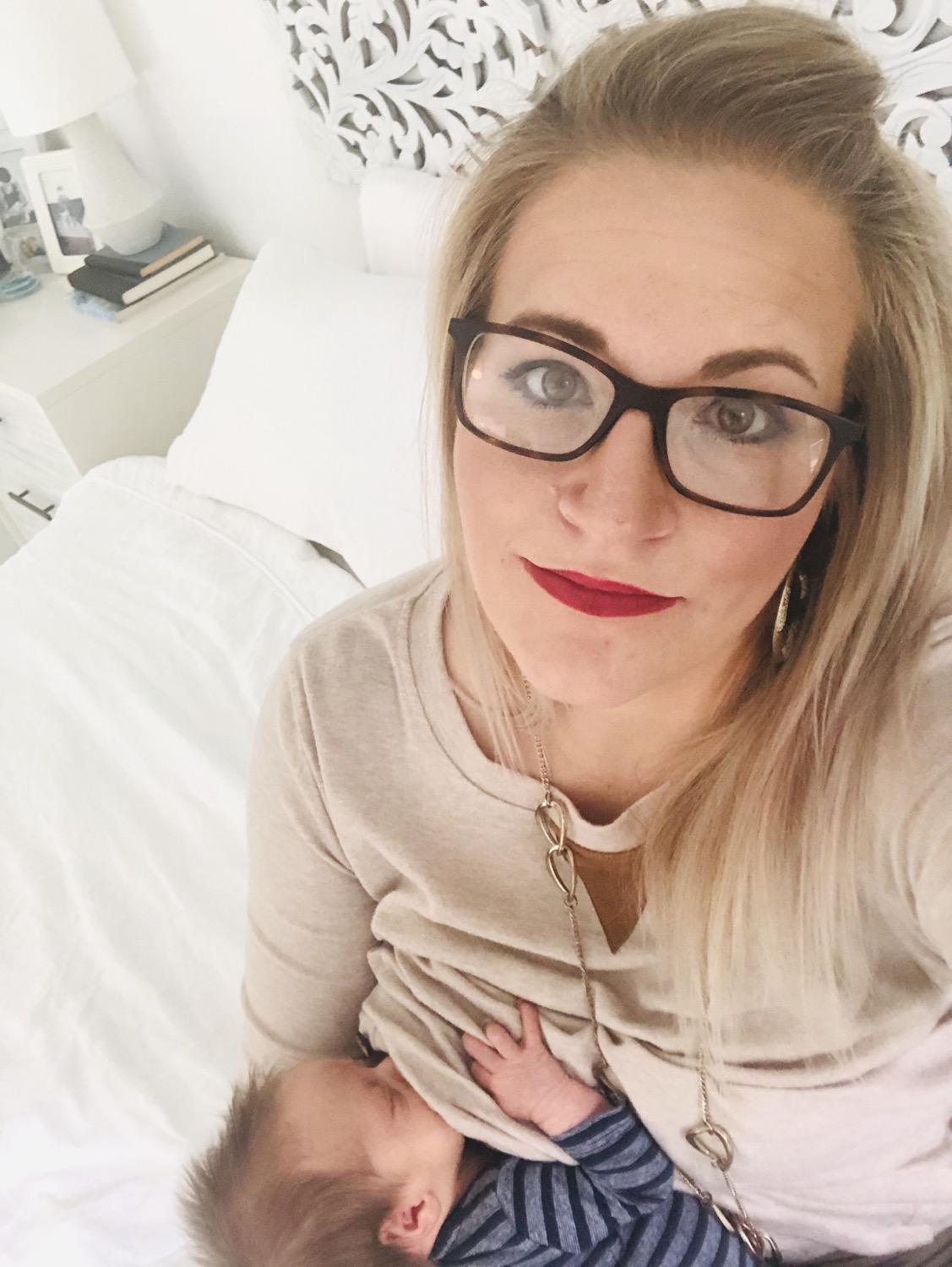Greenwashing... Don't trust your eyes
- Jessica Jarrett

- Nov 1, 2019
- 3 min read

Kevin is woke... at least a little woke... He has heard about the carcinogens in cleaning products, etc. He doesn't need preached to on the value of ditching and switching. He gets it.
He goes to the store and stares at the options in front of him. The neon packaged one is out. The bottle with pink flowers is probably full of junk. The one that looks like it was made with cardboard looks pretty good. It asks him to recycle... that's good. They don't do animal testing... great. It has a leaf on it and says that its ECO friendly. Probably a good option. He buys it, takes it home, and feels good about his purchase. Plus, it looks great at his sink and he gets some kudos from friends for being green.
We have all been there. We want to switch, but it just seems so difficult. We think we are making good choices, but unfortunately, those choices are mostly based on visual cues and great marketing. That little trick is called Greenwashing -and it works.
Companies often play on people's desire to be eco friendly, or their desire for a great looking product. Most people only pay attention to the bold-faced letters and the savvy marketing slogans, not the actual fine print ingredients list. For those who go to the trouble to check the back of the label, they often have no idea what they are actually looking for.
Unfortunately, while marketing is a fantastic industry, and I have been a part of it and educated in it, it's sometimes nothing but a way to lie to the public and have them thank you for doing so. It's playing on our emotions and needs, and it's done intentionally. There are whole studies done on us and who we are and what we want. We are the target group, and we are even written into the business plan for that product and marketing campaign.
It's business, plain and simple. Their job is to move product, not to worry about the ingredients or how closely they actually mirror what is being advertised. The marketing team are business professionals and graphic designers, not scientists.
Most of the time the term greenwashing refers to how honest the company is about its environmental impact. While this is important, I am also using it for its impact not only on our eco system, but on our body systems.
These companies are making products with chemicals that disrupt the user's endocrine system for example, and yet marketing it as good for you. They are making products for babies that contain formaldehyde and expecting us to trust their brand.
As a mom, this is terrifying, As a person who has had a cancer scare myself, I am determined to do everything I can do to keep our home environment clear of these toxins. I can not control everything my boys come into contact with, but we are home more than anywhere else, and I can make sure that they have a safe and clean place that promotes health and isn't causing issues we aren't even aware of.
I am incredibly thankful to have a company like Young Living that I know I can trust with my family's health. They truly have their customer's best interest in mind when making their products.
They are always safe, always clean and never misleading. Their plant based products range from a household cleaner that I use for toilets, to the gentle shampoo I used on my tiny newborn. They have dish soap and laundry soap and the list goes on.
The Seed to Seal quality commitment is one of the reasons I fully trust Young Living and their entire product line. The 5x5 Pledge ensures that the company not only continues their commitment to excellence for their customers and the environment, but continually improves on their practices. Greenwashing will never be a part of the YL marketing practice. It will never have to be, because their products fully live up to the label.
Read more about Young Living's commitment to sustainability and purity:




Comments